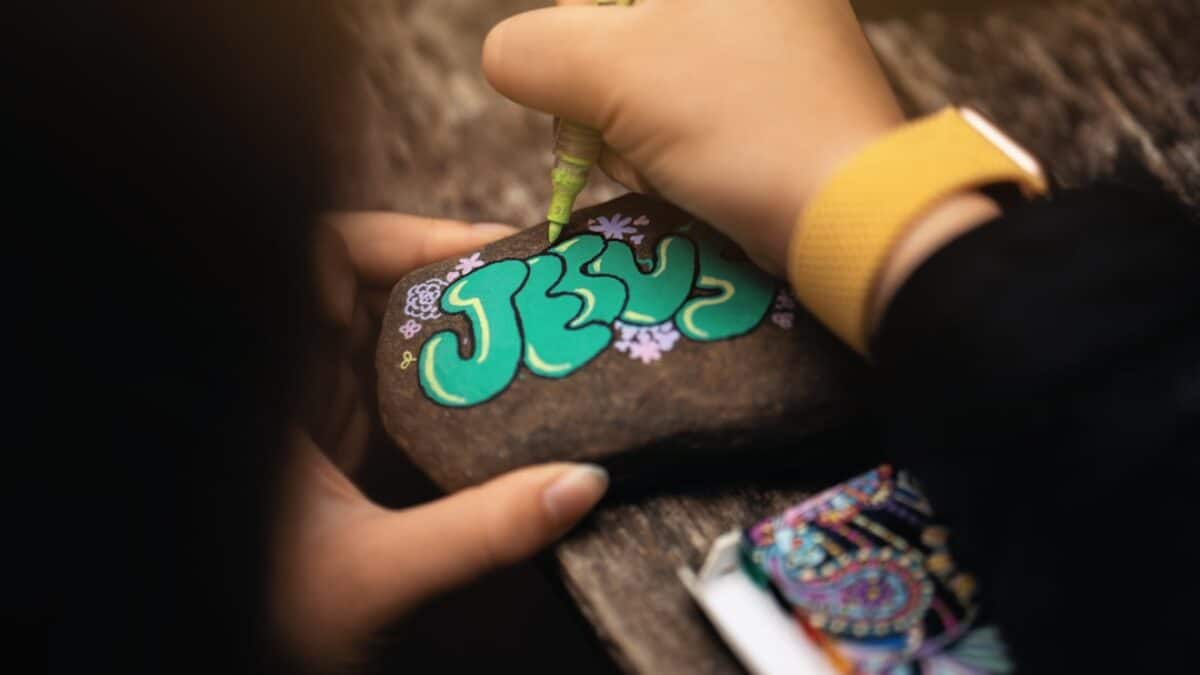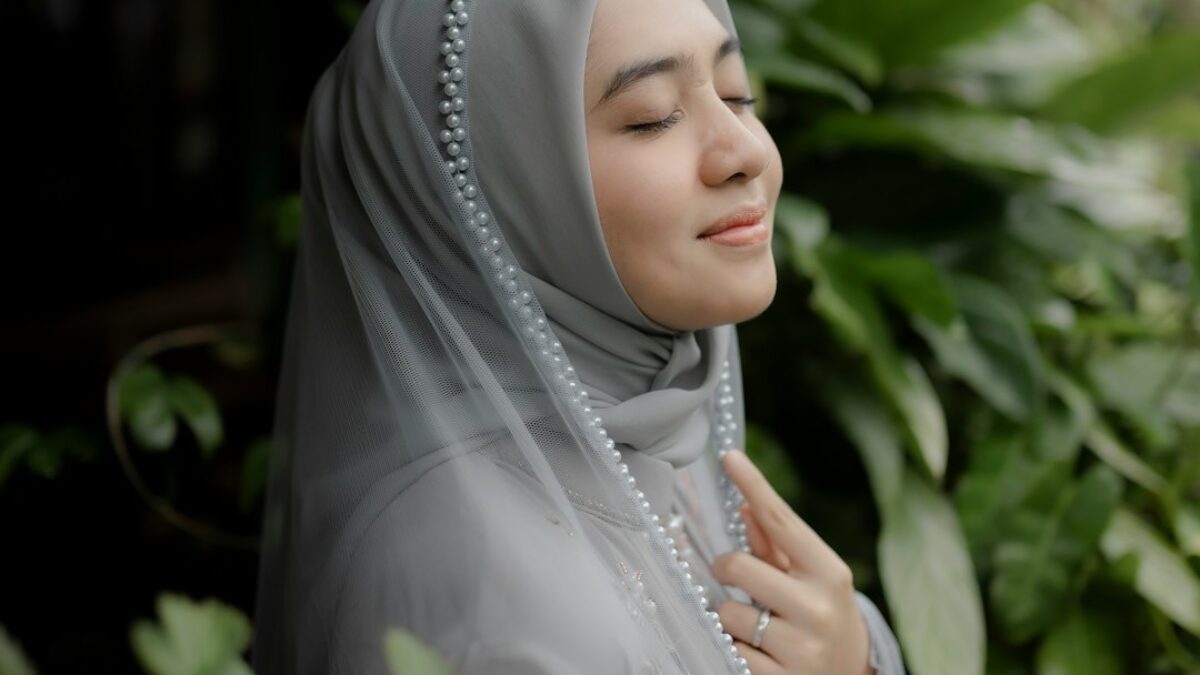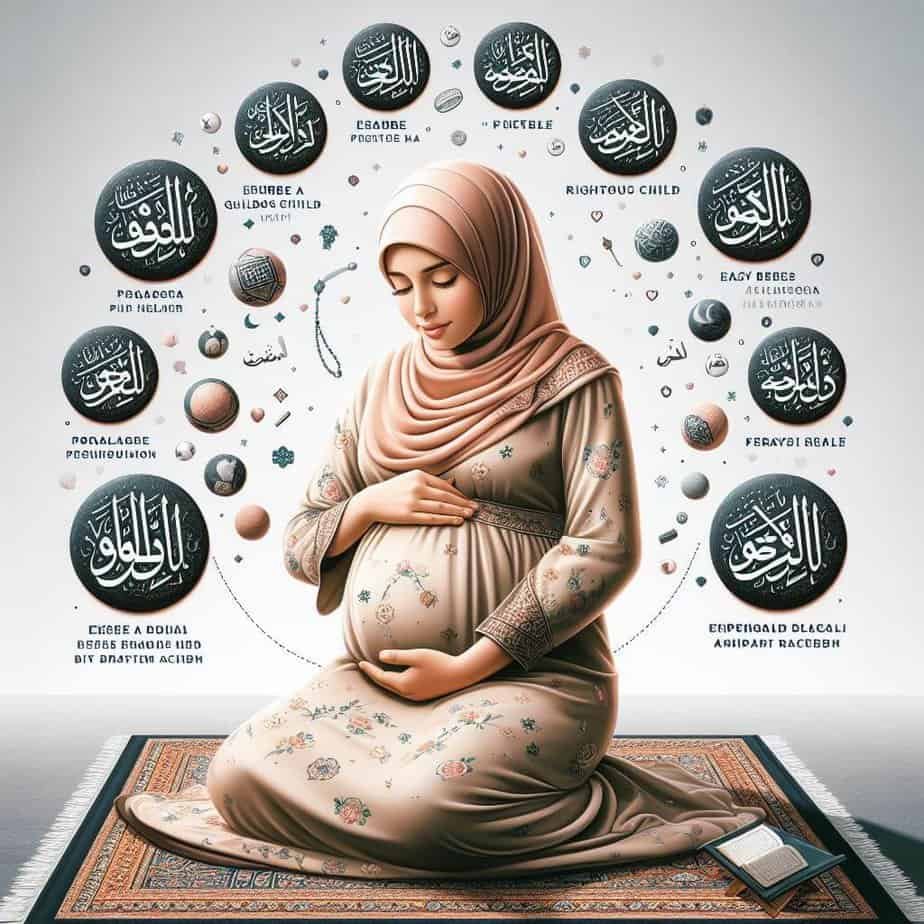When life feels overwhelming—whether you’re seeking peace in the heart, prosperity in the home, or success in your career—few resources are as accessible and potent as dua, the intimate conversation between a believer and Allah. In Islam, dua is more than a wish list; it is a spiritual lifeline that invites barakah (divine blessing) into every dimension of existence. From the cradle to the grave, from the prayer mat to the boardroom, there is a supplication rooted in the Qur’an and Sunnah that can transform trials into triumphs and scarcity into abundance. This article offers a comprehensive guide to powerful duas for blessings in every aspect of life, unpacking their meanings, methods, and the transformative impact they can have when practiced with sincerity and consistency.
Understanding Dua and Barakah
Before diving into specific supplications, it is essential to grasp why dua works. Unlike mundane requests directed at fallible beings, dua is addressed to Al-Wahhab (the All-Giving), Al-Fattah (the Opener), and Ar-Razzaq (the Sustainer). When we invoke these names, we acknowledge that every good thing originates from Allah alone. This recognition is the seed of barakah, a subtle but powerful increase in benefit that can turn a modest income into sufficiency, a simple meal into nourishment for the soul, or a brief moment into eternal reward.
The Linguistic and Spiritual Roots of Dua
- Linguistic root: The Arabic verb da‘ā means “to call, summon, or invoke.”
- Spiritual implication: Calling upon Allah presupposes tawakkul (trust) and ubudiyyah (servitude).
- Qur’anic promise: “Call upon Me; I will respond to you” (Qur’an 40:60).
Types of Dua in Islamic Jurisprudence
- Dua al-Mas’alah – asking for something (e.g., forgiveness, wealth, guidance).
- Dua al-‘Ibadah – praising Allah without a specific request, such as reciting SubhanAllah.
- Dua al-Qunut – a special supplication recited in the last rak’ah of Witr prayer.
Key Components of Powerful Duas
Not every utterance qualifies as a powerful or efficacious dua. Scholars and righteous predecessors identify several ingredients that amplify the chances of acceptance:
1. Sincerity (Ikhlas)
Allah looks at the heart before the tongue. A dua whispered privately with tears often carries more weight than a loud public recitation done for show.
2. Praise and Salawat First
Begin with Alhamdulillah, send blessings upon the Prophet ﷺ, and then state your need. The Prophet ﷺ said, “Every dua is veiled until blessings upon me are sent.”
3. Presence of Heart (Hudur)
Distraction is the silent killer of barakah. Turn off your phone, face the qiblah if possible, and visualize Allah’s mercy descending.
4. Lawful Sustenance and Earnings
Consumption of haram can block dua acceptance. The Prophet ﷺ gave the analogy of a traveler with dusty hair, raising his hands skyward, yet his food, drink, and clothing are all unlawful—how can such a dua be answered?
5. Choosing Blessed Times
- Last third of the night – Allah descends to the lowest heaven asking, “Who is calling upon Me that I may answer him?”
- Between adhan and iqamah – narrated in Sunan Abu Dawud.
- While fasting – especially before breaking the fast.
- After obligatory prayers – when the worshipper has just finished a pillar of Islam.
Benefits and Importance of Regular Dua
Engaging in daily supplications is not a peripheral act; it is the soul’s oxygen. Its benefits are both immediate and eternal:
1. Psychological Tranquility
Neuroscience confirms that mindfulness and intentional speech reduce cortisol levels. Dua merges mindfulness with divine connection, producing deep sakinah (peace).
2. Strengthened Tawhid
Each dua reinforces monotheism by reminding the caller that no force, person, or system can independently grant benefit or repel harm.
3. Increased Barakah in Time and Wealth
Some people earn six figures yet feel impoverished, while others earn modest salaries and live contentedly. Barakah is the hidden multiplier that dua attracts.
4. Intercession on the Day of Judgment
Regular duas for others, especially parents and the ummah, transform into luminous intercession when the sun is brought close and sweat reaches the ankles.
Practical Applications: Duas for Every Aspect of Life
Below are curated duas—each with Arabic text, transliteration, translation, and a practical scenario—covering seven spheres of daily living. Recite them with conviction, and watch how barakah unfolds.
1. Dua for Waking Up: Inviting Divine Light into Your Day
Text and Translation
Arabic:
الْحَمْدُ لِلَّهِ الَّذِي أَحْيَانَا بَعْدَ مَا أَمَاتَنَا وَإِلَيْهِ النُّشُورُ
Transliteration:
Alhamdu lillahilladhi ahyaana ba‘da ma amaatana wa ilayhin-nushoor.
Translation:
“All praise is for Allah who gave us life after death, and to Him is the resurrection.”
Practical Scenario
Before scrolling through notifications, sit up in bed, place your right hand under your cheek, and recite the dua three times. This simple act programs the subconscious to see the entire day as a gift rather than a grind.
2. Dua for Leaving the House: Enveloping Your Steps in Protection
Text and Translation
Arabic:
بِسْمِ اللَّهِ تَوَكَّلْتُ عَلَى اللَّهِ، وَلَا حَوْلَ وَلَا قُوَّةَ إِلَّا بِاللَّهِ
Transliteration:
Bismillah, tawakkaltu ‘alallah, wa la hawla wa la quwwata illa billah.
Translation:
“In the name of Allah, I place my trust in Allah; there is no might nor power except with Allah.”
Practical Scenario
Whether you’re heading to a job interview or simply taking the trash out, pause at the threshold. This dua erects an invisible shield that repels accidents, evil gazes, and intrusive thoughts throughout the journey.
3. Dua for Halal Sustenance and Career Growth
Text and Translation
Arabic:
رَبِّ إِنِّي لِمَا أَنْزَلْتَ إِلَيَّ مِنْ خَيْرٍ فَقِيرٌ
Transliteration:
Rabbi inni lima anzalta ilayya min khayrin faqir.
Translation:
“My Lord, indeed I am, for whatever good You would send down to me, in need.” (Qur’an 28:24)
Practical Scenario
Recite this after Fajr daily, then spend 15 minutes polishing your résumé or learning a new skill. The dua aligns intention with action, opening doors you didn’t know existed.
4. Dua for Spouses and Children
Text and Translation
Arabic:
رَبَّنَا هَبْ لَنَا مِنْ أَزْوَاجِنَا وَذُرِّيَّاتِنَا قُرَّةَ أَعْيُنٍ وَاجْعَلْنَا لِلْمُتَّقِينَ إِمَامًا
Transliteration:
Rabbana hab lana min azwajina wa dhurriyyatina qurrata a‘yunin waj‘alna lil-muttaqeena imama.
Translation:
“Our Lord, grant us from among our wives and offspring comfort to our eyes and make us an example for the righteous.” (Qur’an 25:74)
Practical Scenario
Parents can recite this together before bed, then individually blow lightly over their sleeping children. Over time, households report fewer tantrums and increased mutual respect.
5. Dua for Knowledge and Wisdom
Text and Translation
Arabic:
رَبِّ زِدْنِي عِلْمًا
Transliteration:
Rabbi zidni ‘ilma.
Translation:
“My Lord, increase me in knowledge.” (Qur’an 20:114)
Practical Scenario
Students should recite this before opening a textbook or attending a lecture. Combine it with the Sunnah of making wudu before study sessions for heightened concentration.
6. Dua for Health and Healing
Text and Translation
Arabic:
اللَّهُمَّ رَبَّ النَّاسِ، أَذْهِبِ الْبَأْسَ، اشْفِ أَنْتَ الشَّافِي، لَا شِفَاءَ إِلَّا شِفَاؤُكَ، شِفَاءً لَا يُغَادِرُ سَقَمًا
Transliteration:
Allahumma rabban-nas, adhhibil-ba’sa, ishfi anta ash-shafi, la shifa’a illa shifa’uk, shifa’an la yughadiru saqama.
Translation:
“O Allah, Lord of mankind, remove the affliction, send down the cure; You are the Healer—there is no cure except Your cure, a cure that leaves no illness.”
Practical Scenario
Place your right hand over the area of pain while reciting this seven times. Even if the ailment is chronic, the spiritual relief often precedes physical improvement.
7. Dua for the Hereafter: Investing in Eternal Returns
Text and Translation
Arabic:
رَبَّنَا آتِنَا فِي الدُّنْيَا حَسَنَةً وَفِي الْآخِرَةِ حَسَنَةً وَقِنَا عَذَابَ النَّارِ
Transliteration:
Rabbana atina fid-dunya hasanatan wa fil-akhirati hasanatan wa qina ‘adhaban-nar.
Translation
























Post Comment